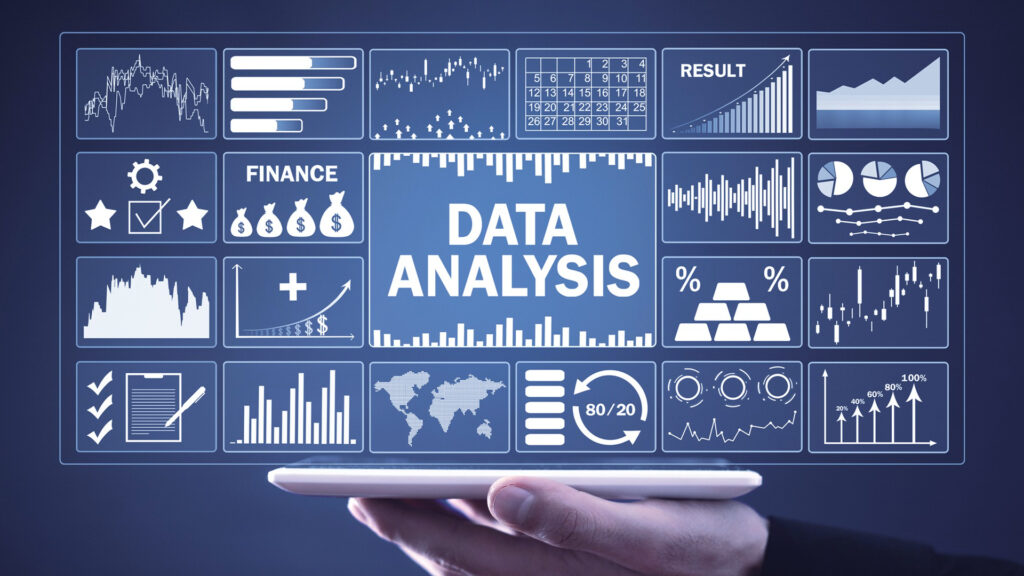Data analytics assists in understanding complex information more easily. In this digital age, Natural Language Processing (NLP) changes everything making data analysis simple.
With the use of NLP, we can go through large volumes of text data and pick out useful information in addition to identifying patterns. Ranging from examining sentiments to recognizing entities, NLP techniques increase the efficiency and precision of data analysis. Again, NLP enables computers to take data from, interpret it in as well as generate human language and this is useful for its administration in data analysis.
For instance, when computers use NLP, they can handle large amounts of text easily, even if it’s not organized neatly. This helps find information quickly, drawing from fields like AI and machine learning. It’s a cool area where computers get smarter at understanding language.
Understand Natural Language Processing (NLP)
First, we will talk about things at a basic level. In other words, Natural Language processing refers basically to making machines capable of understanding human language. It is indeed correct! This involves understanding the meanings of words as they appear in different contexts, such as emails, social media posts, blogs, or articles among others. In data science, NLP methodologies use various patterns for analyzing large numbers of texts that have not been well organized; these include emails, and articles, among others. These are diverse operations including sentiment analysis; entity extraction; text summarization; and text categorization.
Let me clarify this with an example: NLP can decide on the feelings expressed through words or look out for people’s names as well as towns, for example. Its use alongside AI and machine learning cannot be overemphasized as it is practiced in sectors including healthcare.
Limitations of Traditional Analytics

It is difficult for many potential users because most data analytics tools are too complicated for those without programming knowledge. Nonetheless, Natural Language Processing (NLP) is the remedy by enabling individuals to interact with data in ordinary languages. This implies that even if you are not computer literate; you can now ask queries and provide responses using your own words. It is for this reason that data analytics has become more user-friendly and within reach for any person irrespective of the level of expertise in technology.
Can NLP Transform And Enhance The Field Of Data Analytics?
Here’s everything on how Natural Language Processing can transform and enhance data analytics.
Keep scrolling!
Improves accessibility through conversational interfaces
The role of NLP is to make data interaction methods more conversational. For instance, NLP allows us to talk to computers the way we talk to our friends. Through such interactions, users can easily retrieve data without necessarily having to know syntax or commands that relate to it. As such, there is less fear attached to retrieving data; meaning that both central and other teams can harness the power of analysis even if they lack some particular expertise.
User Insight with Sentiment Analysis
It is very important for any business that wants to get better customer satisfaction, to learn how customers feel about different things. Sentiment analysis is provided by NLP which is a method of interpreting expressed feelings from written text. Using customer reviews, comments, or support tickets companies can understand what users think of them and thus improve them effectively so they meet their needs exactly.
Efficient Data Extraction and Summarization
When it comes to unstructured data, NLP is the best algorithm for discovering essential details from emails, articles, text documents, social media posts, etc. This use helps businesses that use written content. With NLP, text summarization is now automatic – it saves a lot of time when you have masses of information to read through.
Role of NLP in Data Analytics
By combining Natural Language Processing (NLP) with data analytics, agencies can get valuable insights that were previously tough to obtain. Nowadays, NLP has become a powerful tool that helps shift towards a more data-driven approach. With the help of NLP, it’s easier to access and understand data which can further lead to better decisions. This simple integration helps businesses to stay updated with the latest data analytics trends and motivates innovation. Below, we will mention the role of NLP in detail:
Making Language Differences Easier To Understand
NLP acts as a bridge. It enables people to engage with data analytics even if they have non- non-technical background. This breaks down language barriers and makes sure that the insights are available to everyone promoting a culture of collaboration.
Encouraging Innovation Through Making Things Accessible To More People
Entities can foster creativity by simplifying information accessibility with Natural Language Processing (NLP.) This can trigger mixed-skilled workers from varied departments to creatively solve problems that enhance data-driven decisions at all levels within organizations. Applicability of NLP in this scenario means that it converts data from individuals into a collective asset that allows teamwork among employees leading to innovative practices alongside the attainment of mutual objectives of such teams.
Streamlining Business Processes With Automation
Why is one stuck with abstract processes when we have automation? So far so good. But beyond routine inquiries, NLP enables computer systems to understand and communicate with humans in their natural language. This has also found applications in several businesses including customer support and data entry where it is used to automate tasks.
Using NLP, computers can do this kind of job on their own without engaging human beings in it. And it seems we have not been working hard enough or something still needs clarification sometimes.
Conclusion
Typically, NLP is a powerful tool that can process and analyze data easily, especially for dynamic industries. With NLP, decision-makers have real-time insights that are based on the latest information available, which enables them to make better decisions. Apart from this, they can assess even minute data, enabling them to respond promptly to the change scenarios. All of these make NLP a strategic asset that drives informed and timely decisions throughout the companies.
Get more updates on our Blogs

